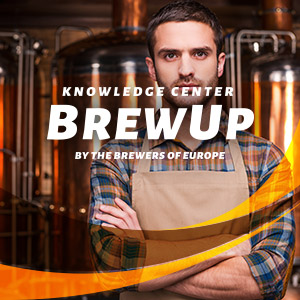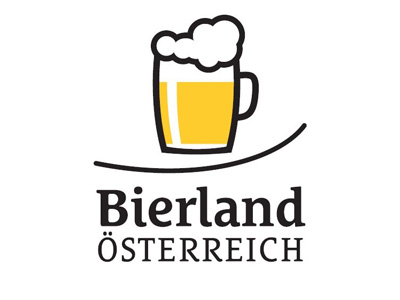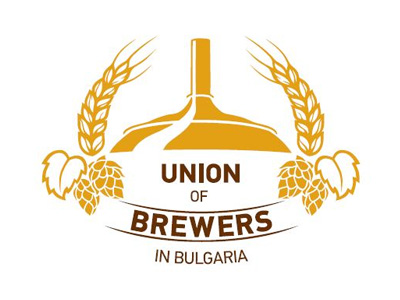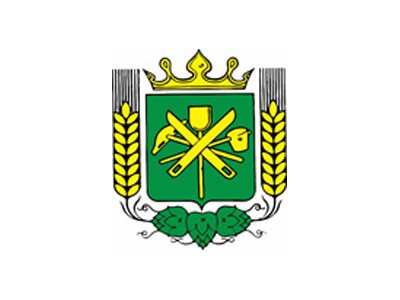
WBA 2007 Report
- advocate
- 24/12/2006
- 1854
- Commitment
This report collects the social responsibility activities of the brewing sector throughout the world. It was published in 2007.
The first edition of the Worldwide Brewing Alliance (WBA) “Global Social Responsibility Initiatives” was published three years ago. During those years, the global brewing industry had continued and strengthened its commitment to the legal and responsible consumption of its fine products. That commitment is reflected by the growth of both the number of initiatives listed and the number of organisations represented.
In 2003, the WBA comprised its six founder members from Australia, USA, New Zealand, Canada, Europe as well as the UK Association. Since then, membership has grown with the addition of the Latin American Brewers, the Brewers Association of Japan and, most recently, the Union of Russian Brewers. It has lost one of its founding members with the closure of the Beer Wine and Spirit Council of New Zealand. It now represents almost 60% of the worldwide production of beer.
The WBA was established in 2003 with the objective of disseminating and exchanging good practices and information on social responsibility and product integrity issues. It also publishes a ‘Report on Drinking and Driving’ every two years as well as the Global Social Responsibility Initiatives booklet.
Brewers play a leading role in, and commit significant financial investment to, all the initiatives described in this document, either individually as brewers, by subscribing to trade associations and their confederations or by funding Social Aspects Organisations (SAO’s) and their international affiliations. The majority of the world’s brewers actively participate in these initiatives and particularly in those run by brewing trade associations.
The number and range of the initiatives listed reflect the cultural and legal differences in the respective countries and show the need to tailor activity to local needs. Two examples of this diversity are prominent in this document. One relates to the efforts to discourage underage consumption, where the age under which it is illegal to purchase alcoholic drinks varies from place to place. The second refers to information about the alcohol contained in a package, where unit / standard drink sizes vary around the world.
A feature of this document is the array and variety of partnerships with other agencies which are described herein. Partnership provides an extra dimension for brewing sector initiatives, affording them wider expertise, knowledge, scope, recognition and coverage. The brewing sector seeks out and welcomes such partnerships worldwide.
A number of the initiatives described have been running for many years. Building on this experience, an increasing number now incorporate an evaluation to measure the effectiveness of their message. Where evaluation has been reported the results are included in italics below the initial entry. Evaluation invariably shows a positive effect of the initiative. For example, a campaign run by MEAS in Ireland showed that students who had been involved in the program had significantly lower drinking / binge-drinking rates than those who had not.
More than 570 initiatives from 46 different countries are described. These have been grouped under 10 main sections. The sections have been expanded in this edition to more accurately reflect the brewers’ response to issues such as discouraging underage drinking. The largest section in this edition is the one which lists campaigns focused on reducing and preventing underage drinking. More than a quarter are devoted to initiatives designed to enforce the legal purchasing age and similar numbers are on the subject of teacher packages for schools and college programs respectively.
The section which has shown the most growth is the one which documents Codes of Practice for Responsible Commercial Communications. A number of new Codes are included, together with details of several which have been strengthened, including increased investment in developing the whole self-regulatory system. For example, the operation of a compliance mechanism, pre-launch advice / vetting or independent review boards. This reflects an increasing commitment to ensuring that commercial communications do not appeal to underage drinkers or encourage alcohol misuse.
Impressive as this document is, it cannot be considered in isolation. The worldwide brewing sector has a long-standing reputation for being socially responsible. This pre-dates the current trends in Corporate Social Responsibility (CSR), as evidenced by the number of campaigns and Codes which have been running for many years (seven started more then 30 years ago). This document is not an historical record. It only includes campaigns which are ongoing or which have started since the first edition in 2003. Credit must, therefore, also be awarded to the numerous initiatives that have been undertaken by the brewing sector over the years.
There follows a collection of the responsible initiatives in which brewers from across the world have been involved over the last few years. This shows just one aspect of the brewing sector’s ongoing commitment to ensure that its products are consumed only by adults, and then only in a responsible way.










